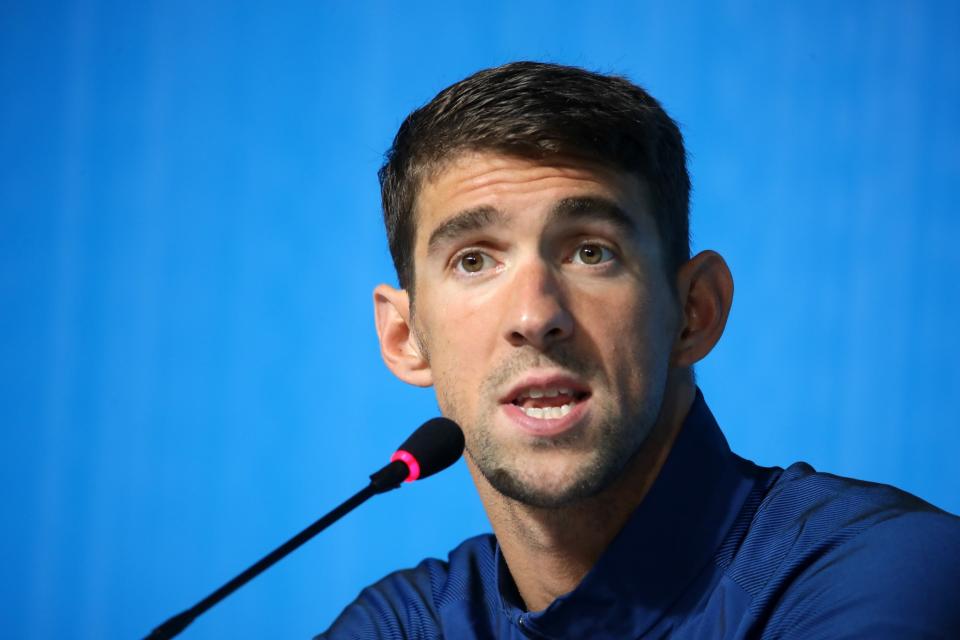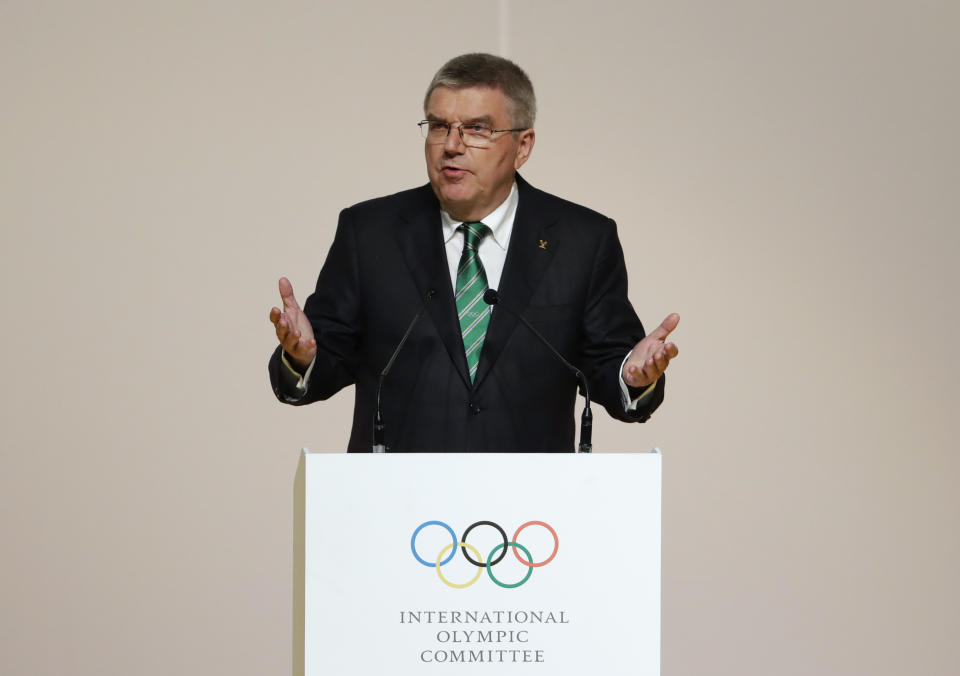Olympic doping started with a gun-shooting beer drinker and has gotten worse
RIO DE JANEIRO — The first Olympian suspended for doping was a Swede named Hans-Gunnar Liljenwall. He competed in the modern pentathlon, which consists, quite amazingly, of a 200-meter freestyle swim, show jumping with a horse, fencing and a combined event that marries a 3,200-meter run with the discipline that doomed Liljenwall: pistol shooting. Before the race, Liljenwall did what any normal person about to shoot a gun would do to calm his nerves: slammed a couple beers. He tested positive for ethanol. Sweden lost its team bronze.
With the crack of two cans in the summer of 1968 began nearly a half-century of performance-enhancing drugs – and beer – infiltrating the world’s most pious athletic competition. For all of the corruption that has permeated the International Olympic Committee, the moral superiority it wielded while leaving behind its radioactive fallout all over the globe, the one thing on which the Olympics always fell back was the purity of sport. And now it doesn’t even have that.
“I don’t know if I’ve ever competed in a clean sport,” said Michael Phelps, the most decorated Olympian ever and the American flag bearer in Friday’s Opening Ceremony, on Wednesday. This was something every rational consumer of sports in 2016 understands and few athletes here are willing to address, lest they run afoul of the Olympics’ golden rule, which is: If you don’t have something nice to say about the Olympics, don’t say anything at all, because they’ll find out about the … hey, look, the Olympic flame! Isn’t it beautiful!
[Related: Why Michael Phelps wasn’t the best selection to be the U.S. flag bearer]
Phelps’ comments were echoed by American swimming coach Bob Bowman, who said: “The system is broken.” He blamed the governing bodies and, yes, considering at the Sochi Games in 2014 the Russians turned the World Anti-Doping Association’s lab into its own personal urine-swapping factory, this was perhaps an understatement. Of course, Bowman finished the sentence about the system being broken with a six-word proclamation as hopeful as it is unlikely: ” … and it has to be fixed.”
Fixed? Ever since Hans-Gunnar needed to take the edge off, Olympic sports and doping have lived together for 48 years of wedded bliss. East Germany’s state-sanctioned program, in which it doped athletes without their knowledge or consent for decades, never had a single athlete caught in Olympic testing. The Moscow Games in 1980 didn’t catch a single person, with Russian officials setting the template for how to make a mockery of an anti-doping lab. Ben Johnson might be the most famous doper not named Lance Armstrong, who himself was once an Olympian.
At the Beijing Games eight years ago, they adopted a slogan, “Zero tolerance for doping.” On the day of the show-jumping finals, four horses were banned for positive PED tests.

And now, after all these years, after all the systemic problems have been addressed by band-aid bans that do little to nothing to deter usage – now, suddenly, the IOC wants to take a stand? Now, IOC president Thomas Bach is calling the Russian doping scandal, exposed by The New York Times and backed up by the damning McLaren Report, “contemptuous”? Now, he’s saying WADA’s procedures need a review when WADA has been the only thing standing between the IOC and every athlete being doped to the gills?
[Related: Petition asks for Russian whistleblower’s ban to be lifted]
The IOC doesn’t just major in corruption; it is well-versed in the dark arts of blame, obfuscation and buck-passing, too. Bach’s words are empty, his promises to change things hollow, his organization feckless. Counting on governing bodies to effect any real change in sports is like counting on the cable guy to arrive during his four-hour window.

Let’s be real: The notion of clean sport is dead. It was dead the moment drugs showed they worked. This is not resignation or fatalism. It’s a realistic accounting of a situation in which the bodies that say they want clean competition don’t care about it until the dirtiness sullies the brand. The sheer hubris of Russia – and the amazing way with which it executed its plan – made the IOC look stupid. This was not something from which it could distract the world with something shiny or flashy.
If ever there is to be meaningful change, it will come from the athletes, and seeing as they’ve been conditioned to silence – to not having the sort of honest conversation necessary for true doping reform – that’s not happening anytime soon. Asked about Phelps’ comments, a panel full of American swimmers sat silent and looked at one another. It lasted for 15 seconds, Ryan Lochte staring at Missy Franklin, Franklin returning the glance, both of them turning their heads to peer at captain Nathan Adrian, awkward laughter permeating the silence, all for Adrian to say: “I haven’t read the McLaren Report front to back, and I actually don’t feel like I’m educated really enough to say anything about it.”
It wasn’t exactly the finest moment for athlete activism, and even Phelps, when he expanded on his original point, said: “I don’t want to political about it.” He didn’t need to say anything more. When something as supposedly foundational to the IOC as clean sport cannot be addressed with full transparency and honesty to the public by the greatest performer the movement ever has known because he’s concerned about politics, there is no fix and there will be no fix.
This is the Olympics in 2016, just as it’s baseball and football and hockey and every other sport in 2016. Doping abounds, and it will help push humans to their theoretical boundaries, which will be incredible to watch, even if it strains credulity, and most of them will get away with it, and the ones caught will be held up like pelts in a war that cannot be won. It’s a complicated mix of money and morality and politics and glory that makes you yearn for those halcyon days when the only illicit thing coursing through Olympians’ bodies was beer.
More Olympics coverage from Yahoo Sports:


